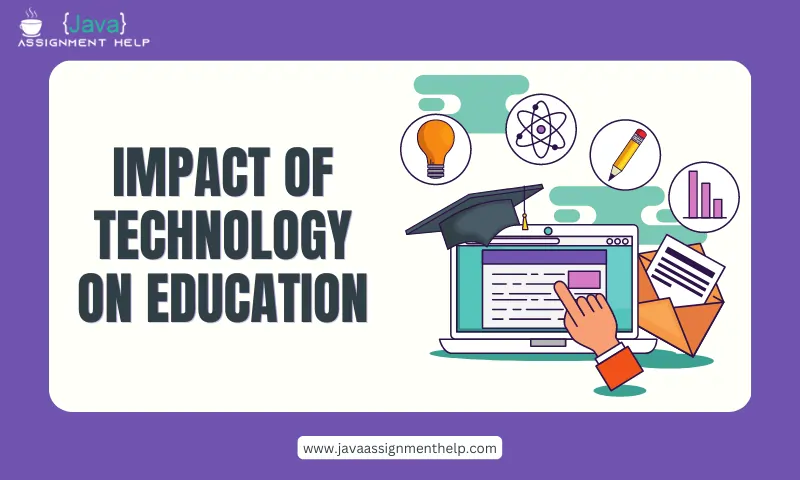Education is an essential part of a child’s development, and parental involvement in K-12 education is crucial. Research has shown that parental involvement in a child’s education has a significant impact on their academic success. In this blog post, we will explore the importance of parental involvement in K-12 education.
Creates a supportive learning environment
Parents play a crucial role in creating a supportive learning environment for their children. When parents are involved in their child’s education, they can provide support and guidance that helps their child succeed academically. For example, parents can create a designated study area at home, establish a regular study routine, and provide academic resources like books and educational software.
Promotes positive attitudes towards learning
Parental involvement in K-12 education can also help promote positive attitudes towards learning. When parents take an interest in their child’s education, it shows the child that education is essential and valued. This can motivate the child to take their education seriously and develop a positive attitude towards learning. Additionally, parental involvement can help children develop a love for learning by providing educational experiences outside of the classroom, such as visits to museums or libraries.
Improves academic achievement
Research has shown that parental involvement in K-12 education can improve academic achievement. When parents are involved in their child’s education, they can monitor their child’s progress, identify areas where their child may need additional support, and provide assistance to improve their child’s academic performance. Additionally, parental involvement can help improve attendance and reduce dropout rates, both of which are critical factors in academic achievement.
Encourages communication between parents and teachers
Parental involvement in K-12 education can also encourage communication between parents and teachers. When parents are involved in their child’s education, they can communicate with teachers to learn about their child’s progress, identify areas where their child may need additional support, and discuss strategies for improving academic performance. Additionally, communication between parents and teachers can help create a collaborative approach to education, with parents and teachers working together to create a supportive learning environment for the child.
In conclusion, parental involvement in K-12 education has a significant impact on a child’s academic success. When parents are actively involved in their child’s education, they can help create a supportive learning environment, promote positive attitudes towards learning, improve academic achievement, and encourage communication between parents and teachers. As such, it is essential for parents to take an active role in their child’s education to ensure their academic success and prepare them for future success in life.



